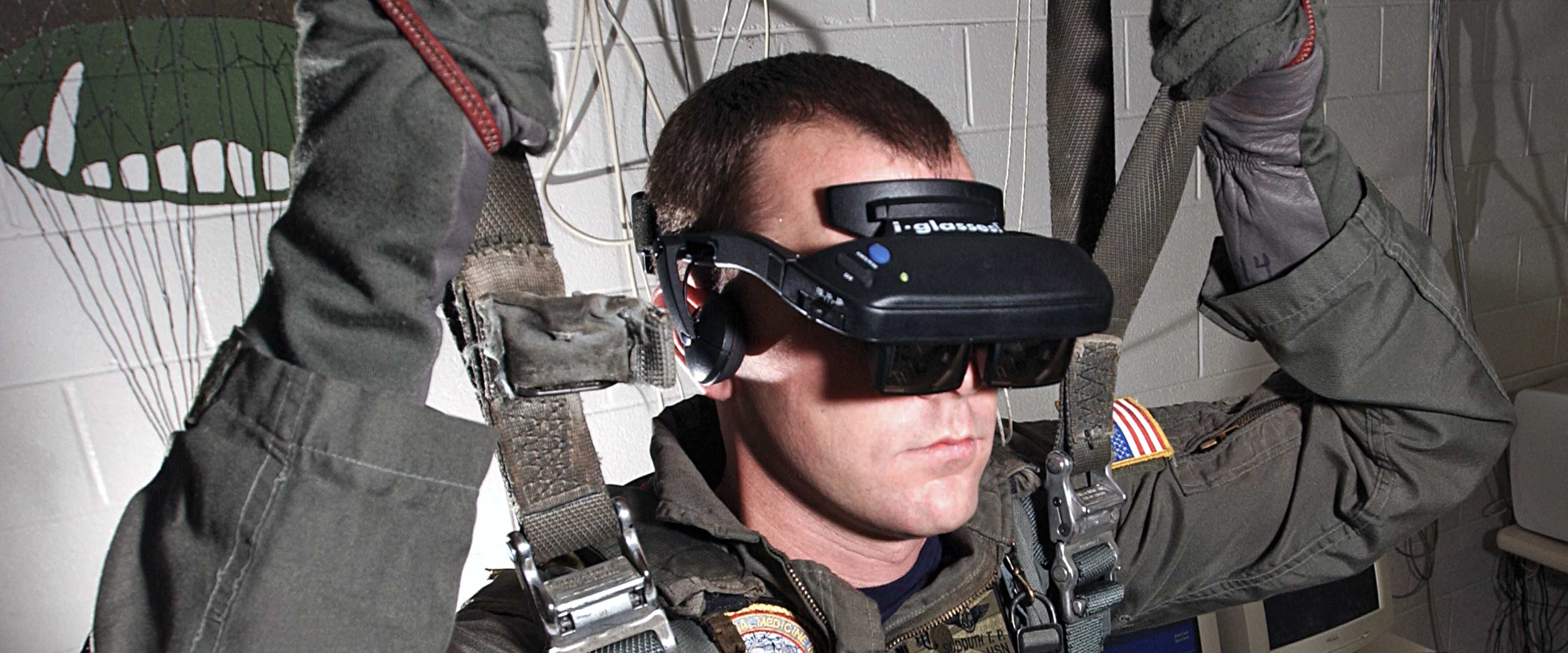More Information
Responsibilities
As a Research Psychologist and Officer in the Medical Service Corps, you will be among approximately two dozen research psychologists who deliver operational products, systems and procedures that dramatically impact the health, safety and performance of servicemembers.
Areas of specialty include:
- Cognitive
- Experimental
- Social
- Industrial/Organizational
- Human Factors
- Engineering
- Personnel
- Neuroscience
- Physiological
Work Environment
Navy Health Care Specialists may serve at any one of more than 250 Navy and medical facilities around the globe, from Hawaii to Japan, Germany to Guam, and Washington, D.C., to Washington state. Navy Research Psychologists also manage large research and development efforts in laboratories and provide staff assistance related to human performance, training and personnel issues.
As a Research Psychologist, you may conduct research in the field on a submarine or ship. You could also serve at the Naval Research Laboratory in Washington, D.C., the Naval Submarine Medical Research Laboratory in Groton, CT, the Naval Health Research Center in San Diego, CA, or at Navy Personnel Research, Studies and Technology in Millington, TN.
Training & Advancement
Upon graduation from graduate school, those pursuing a Research Physiology position are required to attend Officer Development School (ODS) in Newport, RI. ODS is a 5-week program that provides a comprehensive and intense introduction to the responsibilities of Navy Staff Corps Officers. Here they learn about the military structure of the U.S. Navy, its rich history of traditions and customs, leadership development and military etiquette.
Promotion opportunities are regularly available but competitive and based on performance. As a Research Psychologist, you may become eligible for positions involving policy development, research management and oversight, as well as program evaluation. You may also take advantage of opportunities for medical department leadership positions, including command of Navy Medical Research Centers and Development Laboratories.
Post Service Opportunities
It’s important to note that specialized training received and work experience gained in the course of service can lead to valuable credentialing and occupational opportunities in related fields in the civilian world.
Education Opportunities
Wherever you are in your professional career, the Navy can help ease your financial burdens and advance your career with generous financial assistance and continuing education programs. Opportunities for further education within this platform include:
- Navy College Program
- VOLED Assistance Center
- VOLED Region Advisors
- The Naval Postgraduate School (NPS)
- Navy War College (NWC)
- USAF Air University Air Command and Staff College
Through the Navy Health Professions Loan Repayment Program (HPLRP), you may be eligible to receive financial assistance to pay down the cost of your graduate education.
Qualifications & Requirements
To qualify for employment consideration as a Research Psychologist in the Navy Medical Service Corps, you must meet these basic requirements:
- Be a U.S. citizen currently practicing in the U.S.
- Completion of all course requirements for a Ph.D. degree in psychology with a concentration in cognitive, experimental, social, industrial/organizational, human factors, engineering, personnel, neuroscience or physiological areas
- Be willing to serve a minimum of three years of Active Duty
- Be between the ages of 18 and 41
- Be in good physical condition and pass a full medical examination
You may also be expected to meet certain preferred requirements:
- Evidence of professional versatility, flexibility and broad interests within the field of psychology
- Demonstrated expertise in research design, methodology, execution and statistical analysis
- Strong academic record, strong early record of publication in peer-reviewed scientific journals, and outstanding professional recommendations
General qualifications may vary depending upon whether you’re currently serving, whether you’ve served before or whether you’ve never served before.
Part-Time Opportunities
Serving part-time as a Navy Reserve Research Psychologist, your duties will be carried out during your scheduled drilling and training periods. During monthly drilling, Sailors in the Navy Reserve typically work at a location close to their homes.
With flexible training options, Medical Service Corps Officers in the Navy Reserve can comfortably balance civilian and military schedules. You can maintain your own life and your own career – enriching both with the rewarding work you do for others. In some cases, you may even work in the same civilian location you work at now.
For Annual Training, you may serve anywhere in the world, whether at sea, in facilities stateside, or on bases in countries around the world.
Take a moment to learn more about the general roles and responsibilities of Navy Reserve Sailors.
Most of what you do in the Navy Reserve is considered training. The basic Navy Reserve commitment involves training a minimum of one weekend a month (referred to as drilling) and two weeks a year (referred to as Annual Training) – or the equivalent of that.
Research Psychologist professionals in the Navy Reserve serve in an Officer role. Before receiving the ongoing professional training that comes with this job, initial training requirements must first be met.
For current or former Navy Officers (NAVET): Prior experience satisfies the initial leadership training requirement – so you will not need to go through Officer Training again.
Officers who previously held a commission in another United States Military Service, National Oceanic and Atmospheric Administration, Public Health Service, or United States Coast Guard are exempt from attending ODS or LDO/CWO Academy.
